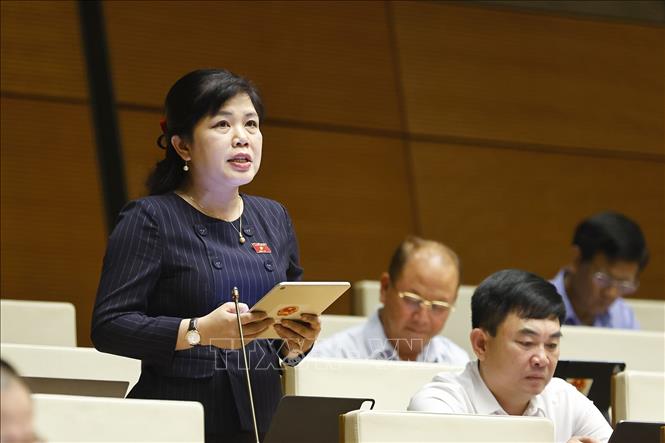
The delegates expressed strong agreement with the National Assembly 's Supreme Supervision Report; and at the same time acknowledged and highly appreciated the tremendous efforts of the Government, ministries, sectors, and local authorities in implementing policies and laws on environmental protection since the Environmental Protection Law of 2020 came into effect.
The rapid institutionalization of the Party and State's policies on resource management, environmental protection, climate change adaptation, and circular economy development has brought about many positive changes. The system of legal documents, standards, and technical regulations is gradually being perfected; at the same time, the role of the community, businesses, and people in environmental protection is increasingly enhanced.
Representative Nguyen Thi Thu Ha (Quang Ninh) stated that the environment remains one of the biggest challenges to sustainable development, requiring us to elevate environmental protection efforts and improve mechanisms and policies in the coming period.
According to delegates, the current process of assessing environmental impact and issuing environmental permits is lengthy and requires numerous adjustments due to a lack of technical information, technology, and basic design plans at the time of assessment. Some procedures are still carried out manually, using paper documents, and do not meet the requirements for digitalization and full-process online public services. Furthermore, the criteria for determining licensing authority overlap between ministerial and provincial levels, causing confusion in implementation.
Therefore, delegates proposed improving the environmental impact assessment process to ensure quality, sufficient technical and technological information before assessment, and adding a streamlined, online assessment mechanism for low-risk projects to shorten time and costs. It is also necessary to clearly define the authority, transitional basis, and criteria for decentralizing environmental permits, ensuring consistency and avoiding overlap.
Currently, many supporting areas of industrial parks have to invest in their own wastewater treatment systems, leading to waste and difficulties in management. Meanwhile, industrial parks, clusters, or production, business, and service areas located close together are not yet allowed to share a centralized wastewater treatment system, despite having excess capacity. Delegates suggested that a flexible mechanism should be added to allow shared connections to the centralized wastewater treatment system between industrial parks, clusters, or adjacent facilities with suitable technical conditions. Simultaneously, specific regulations should be established to ensure the safety, stability, and long-term sustainability of the connection plan, avoiding superficial solutions and ensuring investment efficiency and centralized environmental management.
Representative Nguyen Thi Hue (Thai Nguyen) stated that technological waste and solar panels are emerging as a serious challenge to the global environment. The rapid development of science and technology has led to a large number of electronic devices, components, and solar panels reaching the end of their lifespan, creating a source of waste containing heavy metals and toxic chemicals such as lead, mercury, cadmium, chromium, and arsenic… which can seep into the soil and water, causing serious pollution and affecting health (cancer, neurological disorders, infertility, etc.).
In reality, the world generates tens of millions of tons of electronic waste each year, but only a small fraction is safely recycled (according to the United Nations, in 2022, the world produced approximately 62 million tons of electronic waste, but only 17% was properly recycled); in Vietnam, the majority is still processed manually or landfilled, while the collection system, recycling technology, and legal regulations are still lacking in uniformity.
The delegates stated that currently in Vietnam there are 8 solar panel (photovoltaic) manufacturing plants, and approximately 130 large-scale solar power plant projects are in operation. The projected amount of discarded solar panels is expected to increase from 9,000 tons in 2030 to 128,000 tons in 2045. Electronic waste and discarded batteries from vehicles are classified as hazardous waste. In the future, as the amount of this waste increases, the need for treatment and recycling of this specific type of waste will arise.
According to the monitoring team's report, risks related to specific types of waste have been considered and response plans have been prepared. The 2020 Environmental Protection Law and its implementing guidelines contain several regulations for managing specific types of waste. Decree No. 08/2022/ND-CP stipulates that specific types of waste, including electronic waste, discarded electric vehicle batteries, and discarded solar panels, are listed as products and packaging that must be recycled, along with mandatory recycling rates and specifications. Accordingly, manufacturers are responsible for recovering, processing, or contributing to the recycling of these types of waste. However, in practice, the collection and processing of electronic waste and solar batteries still heavily depend on infrastructure, penalties, and the sense of responsibility of the public.
To address this issue, Representative Hue suggested that, in addition to regulations requiring manufacturers and importers to recover and recycle products at the end of their life cycle, national standards should be established for the collection, transportation, and processing of technological waste and solar energy batteries; and the circular economy should be encouraged: reusing components and materials, and reducing the exploitation of raw resources.
In addition, it is necessary to build centralized processing plants: applying safe mechanical, thermal, and chemical technologies instead of manual processing; researching new generation batteries: perovskite or organic batteries that are easily recyclable and contain fewer heavy metals; educating people and businesses not to dispose of electronic waste and batteries indiscriminately but to participate in recycling programs; encouraging the "exchange electronic waste for gifts" model, collecting waste centrally at supermarkets and schools; and supporting green businesses with initiatives to process and recycle technological waste.
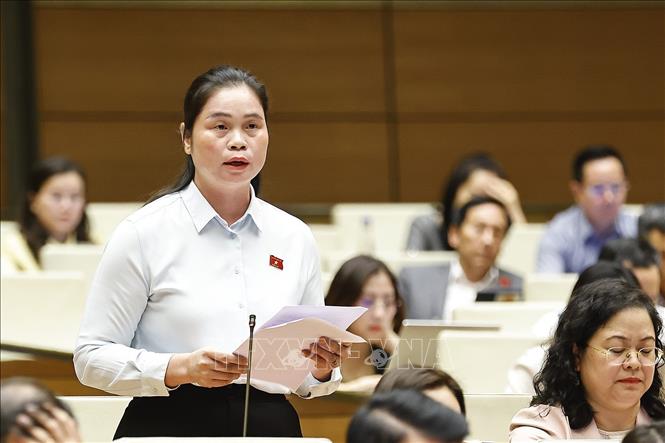
Offering solutions, delegate Ma Thi Thuy (Tuyen Quang) proposed that the National Assembly direct a review and amendment of regulations on the roadmap for applying the policy on managing household solid waste (according to Clause 7, Article 79) to ensure feasibility, especially for mountainous regions. Specifically, administrative procedures, such as environmental permit procedures for small projects, need to be simplified. At the same time, consideration should be given to adjusting the authority to issue environmental permits from the provincial People's Committee to the Chairman of the provincial People's Committee or a specialized agency to expedite the process and align with the current decentralization of power.
The government and the Ministry of Agriculture and Environment should soon issue specific technical guidelines for emergency response projects, and consider mechanisms for supporting and deducting investment costs for automated monitoring stations…
Source: https://baotintuc.vn/thoi-su/thiet-lap-tieu-chuan-quoc-gia-cho-viec-thu-gom-van-chuyen-va-xu-ly-rac-thai-cong-nghe-20251028171237824.htm








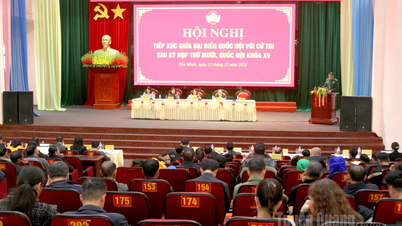

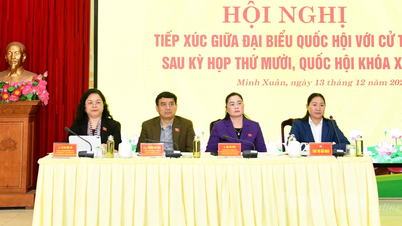
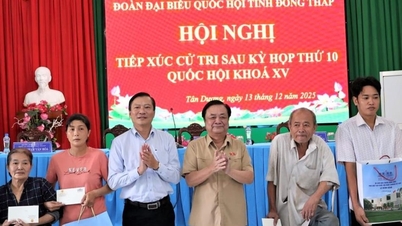

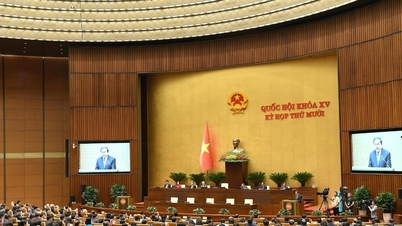

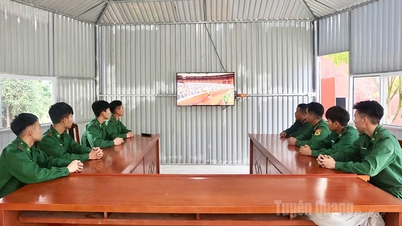
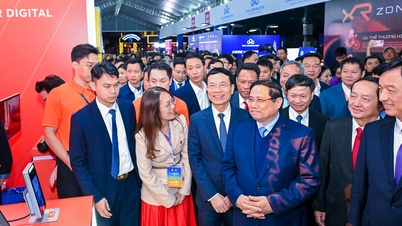

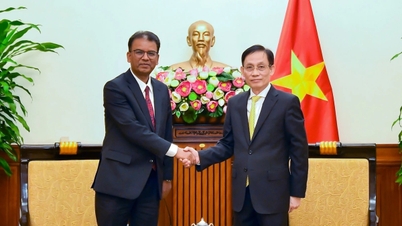
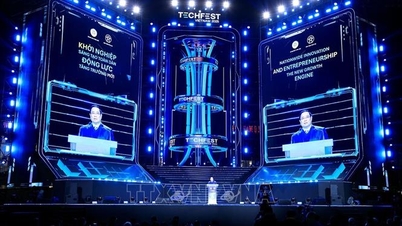


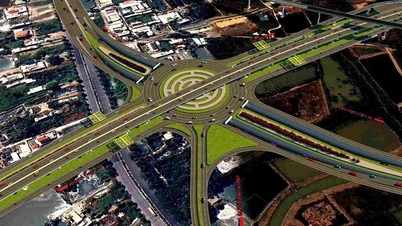
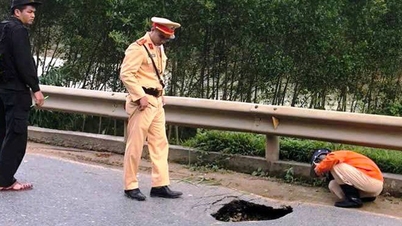




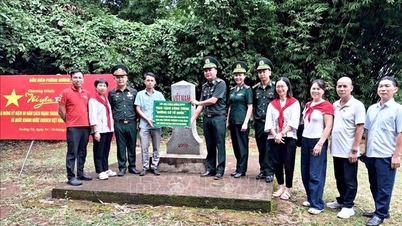
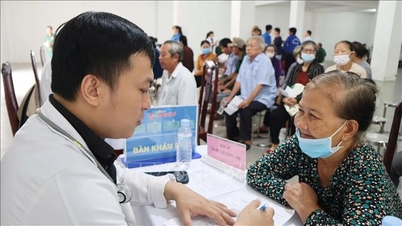
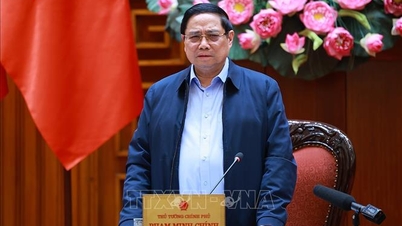
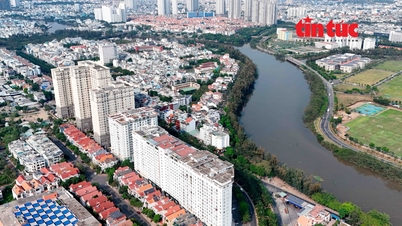
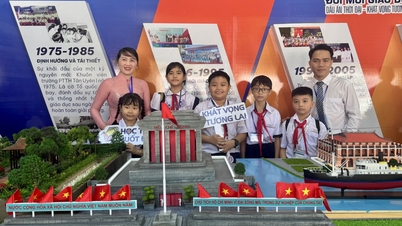
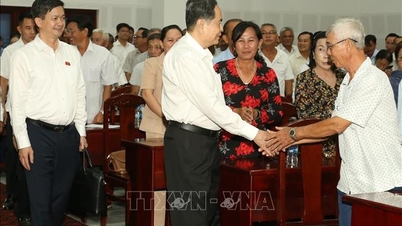


































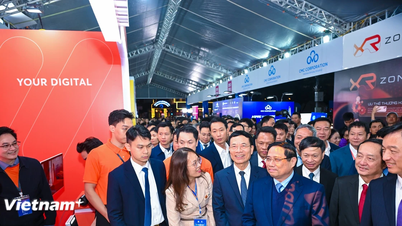

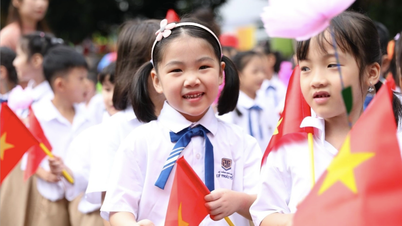



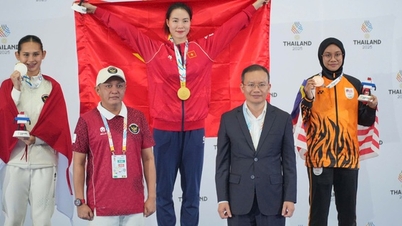

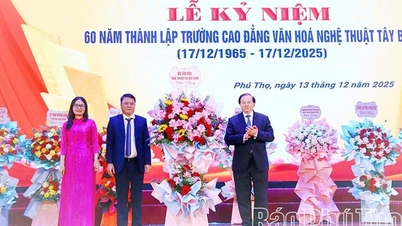
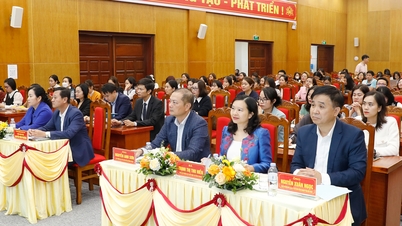

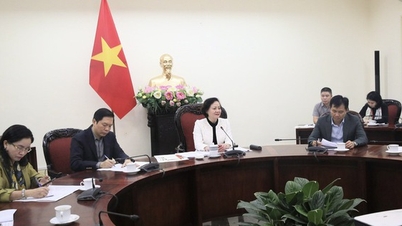
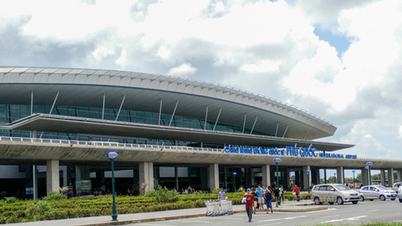
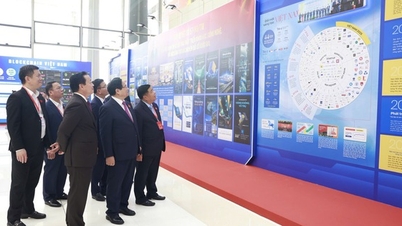


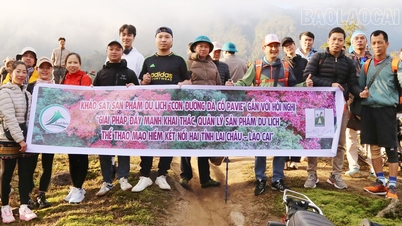

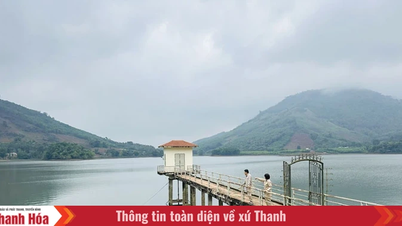
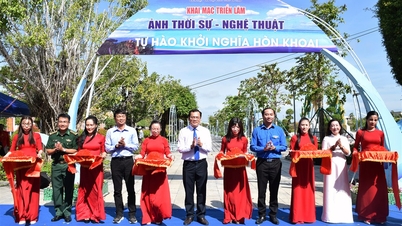
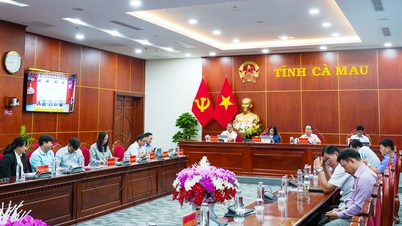
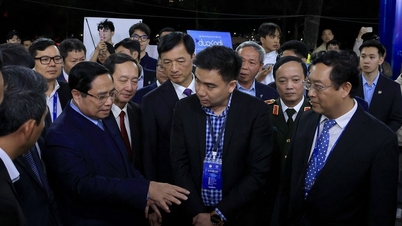











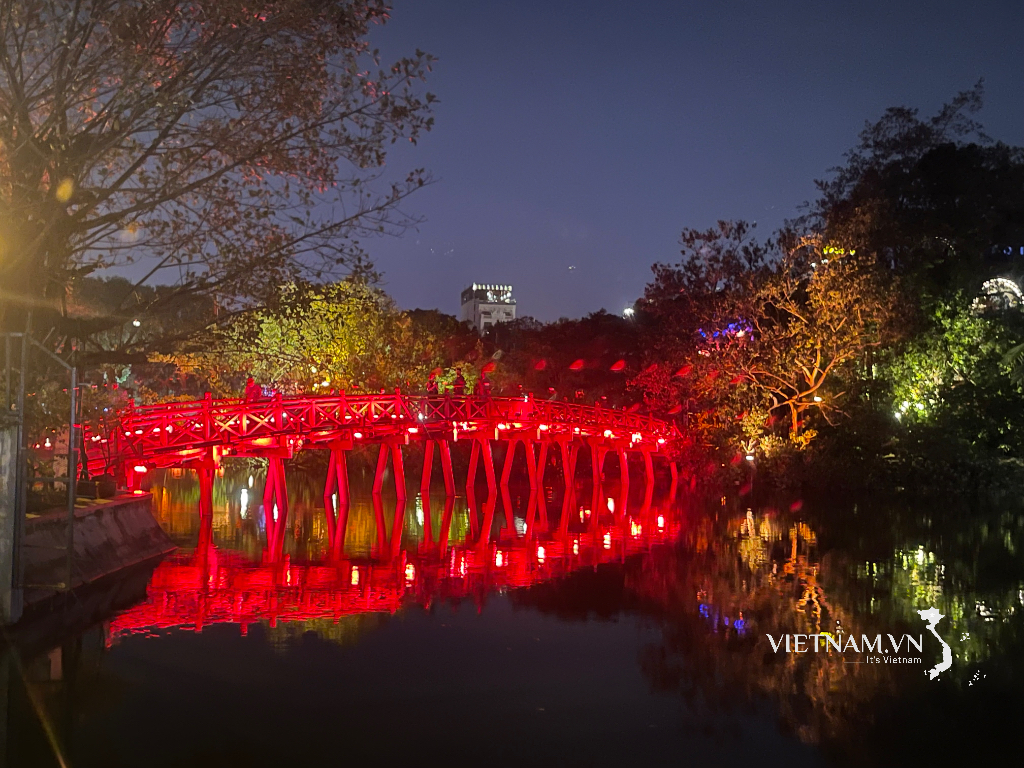



Comment (0)